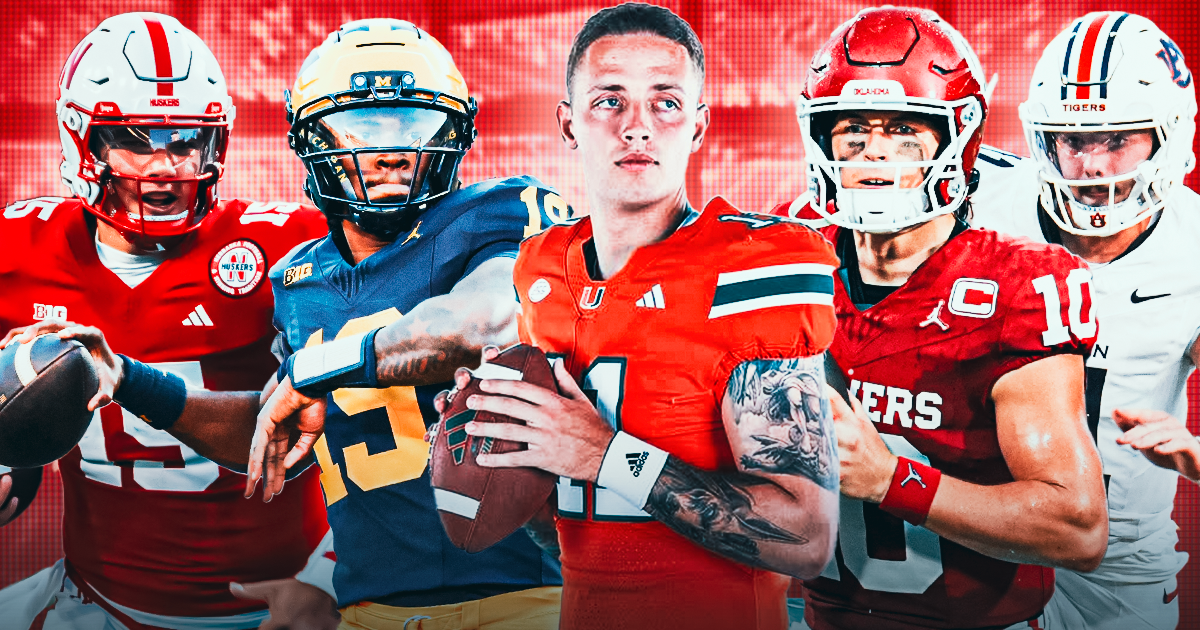Sweepstakes Advocacy Groups Merging to Combat Mounting Challenges
The Social & Promotional Games Association (SPGA) has merged into the Social Gaming Leadership Alliance (SGLA), a move that will allow the two trade groups to speak with one voice in an industry facing increasingly intense scrutiny. According to a report by Gambling Insider, the merger is a strategic response to the growing number of bans and lawsuits targeting sweepstakes games across the United States. “This merger is a natural step forward for our industry,” says Dr. Rachel Kim, a gaming industry expert at the University of Nevada, Las Vegas. “By combining their resources and expertise, the SPGA and SGLA can present a more unified front against the challenges they’re facing.”
Background on the Merger
The SPGA and SGLA have long shared a common goal: to promote social free-to-play games and advocate for appropriate regulations at the state and federal levels. However, having two separate groups pushing for the same objective was seen as redundant, and the decision to merge was likely driven by a desire to increase their impact. “The consolidation of the SPGA and SGLA is a signal that the industry is maturing and recognizing the need for a more coordinated approach to advocacy,” notes Professor James Johnson, a specialist in gaming law at the University of Memphis. The merger brings together some of the biggest names in the sweepstakes casino industry, including Blazesoft, Fliff, VGW, and PLAYSTUDIOS.
Key Players and Challenges
The combined membership of the SPGA and SGLA includes a range of prominent companies, such as:
- Blazesoft, a leading developer of social casino games
- Fliff, a popular social sports betting platform
- VGW, the operator of the Chumba Casino and Global Poker brands
- PLAYSTUDIOS, a renowned developer of social casino games and rewards programs
These companies, along with others in the industry, are facing mounting challenges, including bans in California, New York, Montana, and Connecticut, as well as lawsuits in Alabama and Louisiana. A recent study by the National Center for Responsible Gaming found that the sweepstakes industry is likely to face increased regulatory scrutiny in the coming years, with 71% of respondents predicting that the industry will be subject to stricter regulations.
California Ban and Its Implications
The recent passage of bill AB831 in California, which bans sweepstakes games, has significant implications for the industry. The bill, which was unanimously approved by the state Assembly, is currently awaiting Governor Gavin Newsom’s signature. If signed into law, the ban would likely have far-reaching consequences for the industry, including the loss of revenue and jobs. “The California ban is a major blow to the sweepstakes industry, and it’s likely to have a ripple effect across the country,” warns Dr. Kim. “The industry needs to come together to advocate for its interests and push back against these kinds of bans.”
Lawsuits and Regulatory Challenges
In addition to the bans, the sweepstakes industry is also facing a growing number of lawsuits. In Alabama, for example, sweepstakes operators are facing 13 lawsuits, the largest number of any state. Meanwhile, in Louisiana, the state has launched a $44.4 million lawsuit against sweepstakes operators, arguing that online sweepstakes casinos are illegal forms of gambling. These lawsuits, combined with the bans, are creating a perfect storm of regulatory challenges for the industry. “The sweepstakes industry is facing an unprecedented level of scrutiny, and it’s going to require a concerted effort to navigate these challenges,” says Professor Johnson.
As the sweepstakes industry continues to evolve and face new challenges, the merger of the SPGA and SGLA is a significant development that will likely have far-reaching implications. By speaking with one voice, the industry can better advocate for its interests and push back against the growing number of bans and lawsuits. As Dr. Kim notes, “The future of the sweepstakes industry is uncertain, but one thing is clear: the industry needs to come together to survive and thrive in this rapidly changing landscape.” With the merger of the SPGA and SGLA, the industry is taking a significant step forward in its efforts to navigate the complex regulatory environment and ensure its long-term viability.



